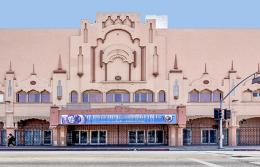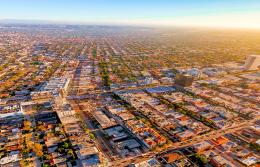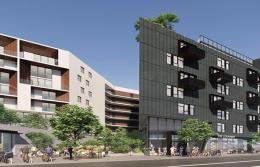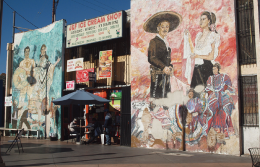Blog
For additional information, contact: planning.media@lacity.org.
Follow City Planning on social media @Planning4LA.

The Lincoln Theater, known as the "West Coast Apollo," served as the musical hub of the Central Avenue jazz corridor from the 1920s to the 1950s, hosting African American entertainers from Duke Ellington to Billie Holiday.

What is the Restaurant Beverage Program?
Historically, the profit margin from the sale of alcoholic beverages has helped restaurant owners stay afloat during sharp rises in rent and payroll costs.

What is a Community Plan?
Los Angeles’s General Plan Land Use Element is composed of 35 Community Plans that cover the entire 473 square miles of the City.

How Los Angeles Got Serious About Housing
Our City—rich in industry and creativity—has gained the unfortunate notoriety of being a major epicenter in the California housing crisis. The fundamental reason for our crisis is the same as in most global cities: an extreme shortage of housing, which has left Angelenos to face overcrowding, punishing commutes, or, all too often, homelessness.

This June will mark two years since the Office of Racial Justice, Equity, and Transformative Planning was established with the goal of addressing the legacy of racism and segregation in Los Angeles’s past planning practices.

What is Latino Urbanism?
Latino Urbanism is a broad term used to categorize the multiple practices by which Latinos have created and contributed to the forms, functions, and cultural landscapes of American cities.

The Mayan Theater, the Million Dollar Theater, and the Great Wall of Los Angeles are just a few of the City’s iconic historic treasures associated with Latinx artists and designers whose work includes Colonial and Pre-Colonial imagery and influences, expressing through their work the negotiation and alliances between eras, cultures, languages, a